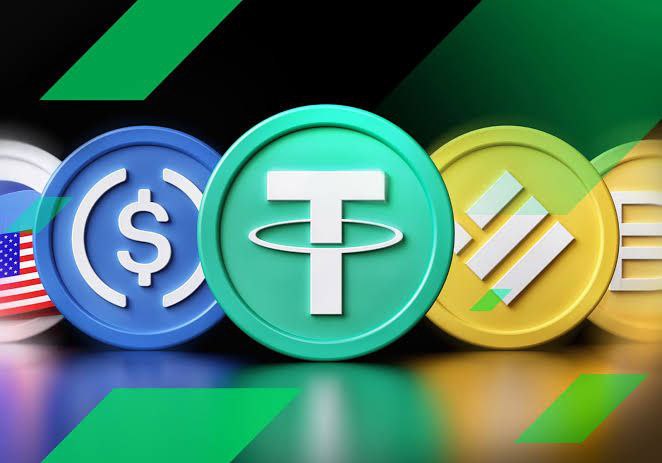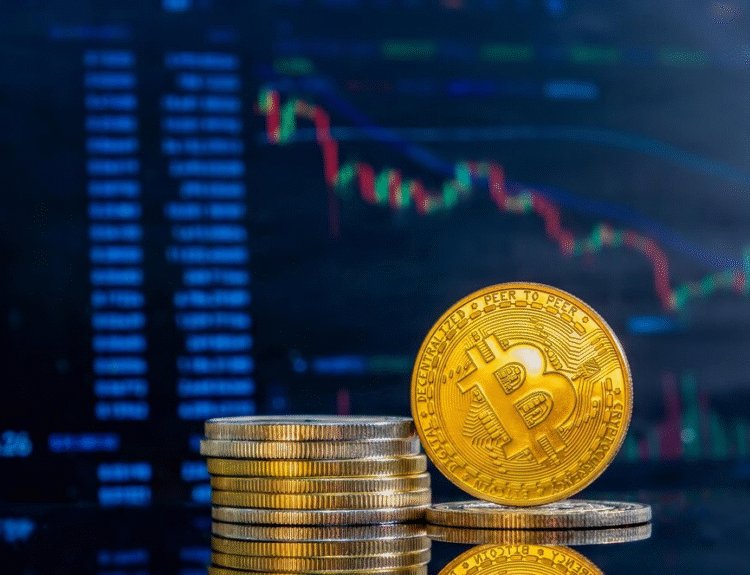Okay, so I stumbled across a really interesting development out of Vietnam, and I had to share it. It looks like the country has just passed a major digital technology law that essentially legalizes crypto assets. Yeah, you read that right – legalizes!
This isn’t just some minor regulatory tweak; this is a full-blown commitment to the digital future, and it could have some pretty significant ripple effects. The article I was reading over at CoinTelegraph highlights that this law isn’t just about crypto; it also outlines incentives for AI, semiconductors, and general digital infrastructure. Basically, Vietnam is making a serious play to become a tech hub in Southeast Asia.
Think about it. Vietnam has a population of nearly 100 million, with a rapidly growing tech-savvy youth demographic. A 2023 Statista report projected that Vietnam’s internet penetration rate would reach 79.1% by 2028. Combine that with a government actively encouraging innovation, and you’ve got a recipe for explosive growth in the digital asset space.
Now, why is this such a big deal? Well, for starters, it provides regulatory clarity. Before, the crypto landscape in Vietnam was a bit of a grey area, creating uncertainty for businesses and investors. This new law should provide a more solid foundation for development and adoption.
According to a recent Triple-A report, Vietnam consistently ranks among the top countries globally for crypto adoption. In fact, their data suggests that roughly 20% of the Vietnamese population owns cryptocurrency. With this legalization, those numbers could very well climb even higher.
Furthermore, it sends a powerful signal to other countries in the region. It shows that embracing digital assets isn’t just about speculation or hype; it’s about building a future-proof economy. Other nations might see Vietnam’s move as a strategic advantage and start considering their own regulatory frameworks.
What’s even more interesting is the broader picture. Vietnam’s focus on semiconductors and AI suggests a holistic vision for a digital economy. They aren’t just inviting crypto; they’re cultivating an entire ecosystem designed for growth and innovation. This strategic move aligns with a global trend of nations seeking technological independence and economic diversification.
Here are my five key takeaways:
- Legitimization of Crypto: Vietnam is officially recognizing crypto assets, providing a legal framework for their use.
- Investment Magnet: This move will likely attract more investment in the Vietnamese crypto market.
- Regional Influence: Vietnam’s decision could influence other Southeast Asian countries to adopt similar policies.
- Economic Growth: Crypto legalization could stimulate economic growth by fostering innovation and attracting foreign investment.
- Boost for Adoption: Clear regulations should encourage more Vietnamese citizens to explore and utilize digital currencies.
Ultimately, this is more than just a legal update; it’s a statement of intent. Vietnam is betting big on the future of digital technology, and I’ll be watching closely to see how this plays out.
FAQ on Vietnam’s Crypto Legalization:
1. What exactly did Vietnam legalize?
Vietnam’s new digital technology law legalizes crypto assets, providing a framework for their regulation and use within the country.
2. What does this mean for crypto businesses operating in Vietnam?
This provides greater clarity and legitimacy, encouraging investment and allowing businesses to operate with more confidence under a defined legal structure.
3. Will Vietnamese citizens be able to freely buy and sell crypto?
While the law provides a framework, specific regulations on buying and selling crypto are likely to be further defined. However, the overall direction suggests a more open and regulated environment.
4. How will the Vietnamese government regulate crypto?
The specifics are still unfolding, but the government will likely establish licensing procedures, reporting requirements, and consumer protection measures.
5. What are the potential risks of investing in crypto in Vietnam?
As with any crypto investment, risks include market volatility, regulatory changes, and the potential for scams. Due diligence and caution are always recommended.
6. Will this legalization affect other digital technologies in Vietnam?
Yes, the law also provides incentives and frameworks for AI, semiconductors, and digital infrastructure, indicating a broader push for technological advancement.
7. How does Vietnam’s crypto policy compare to other countries in Southeast Asia?
Vietnam’s move is one of the most decisive in the region, potentially setting a precedent for others to follow. Many other Southeast Asian countries are still evaluating their approach to crypto.
8. What impact could this have on Vietnam’s economy?
Legalizing crypto could attract foreign investment, stimulate innovation in the fintech sector, and create new job opportunities.
9. Are there any restrictions on the types of cryptocurrencies that are legal?
The specifics regarding accepted cryptocurrencies are still being determined. Further regulatory guidelines will likely clarify which cryptocurrencies are officially recognized.
10. Where can I find the official legal documents related to this law?
Keep an eye on official Vietnamese government websites and legal publications for the full text of the digital technology law and any related regulations. Consulting with legal professionals familiar with Vietnamese law is also advisable.






